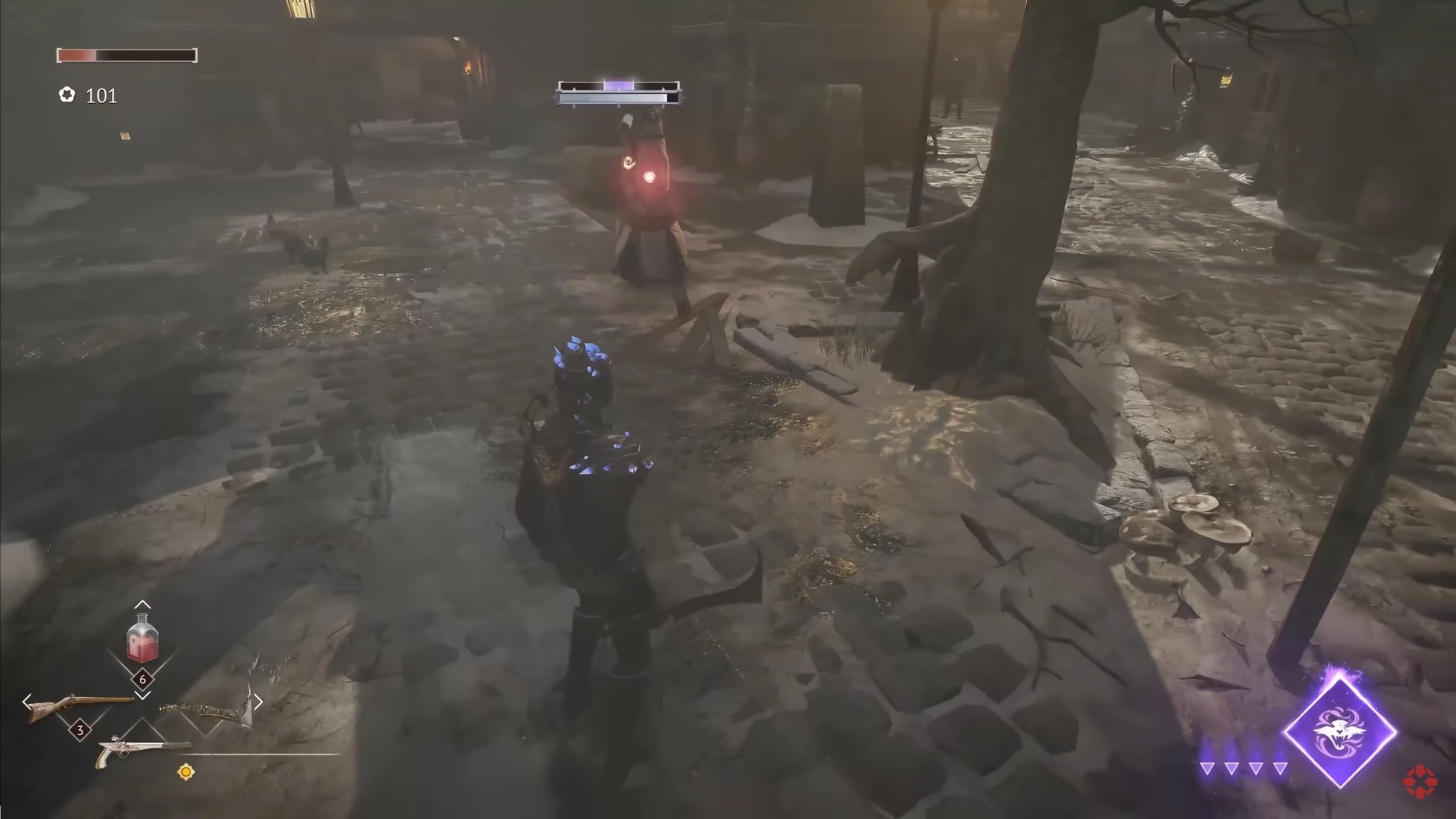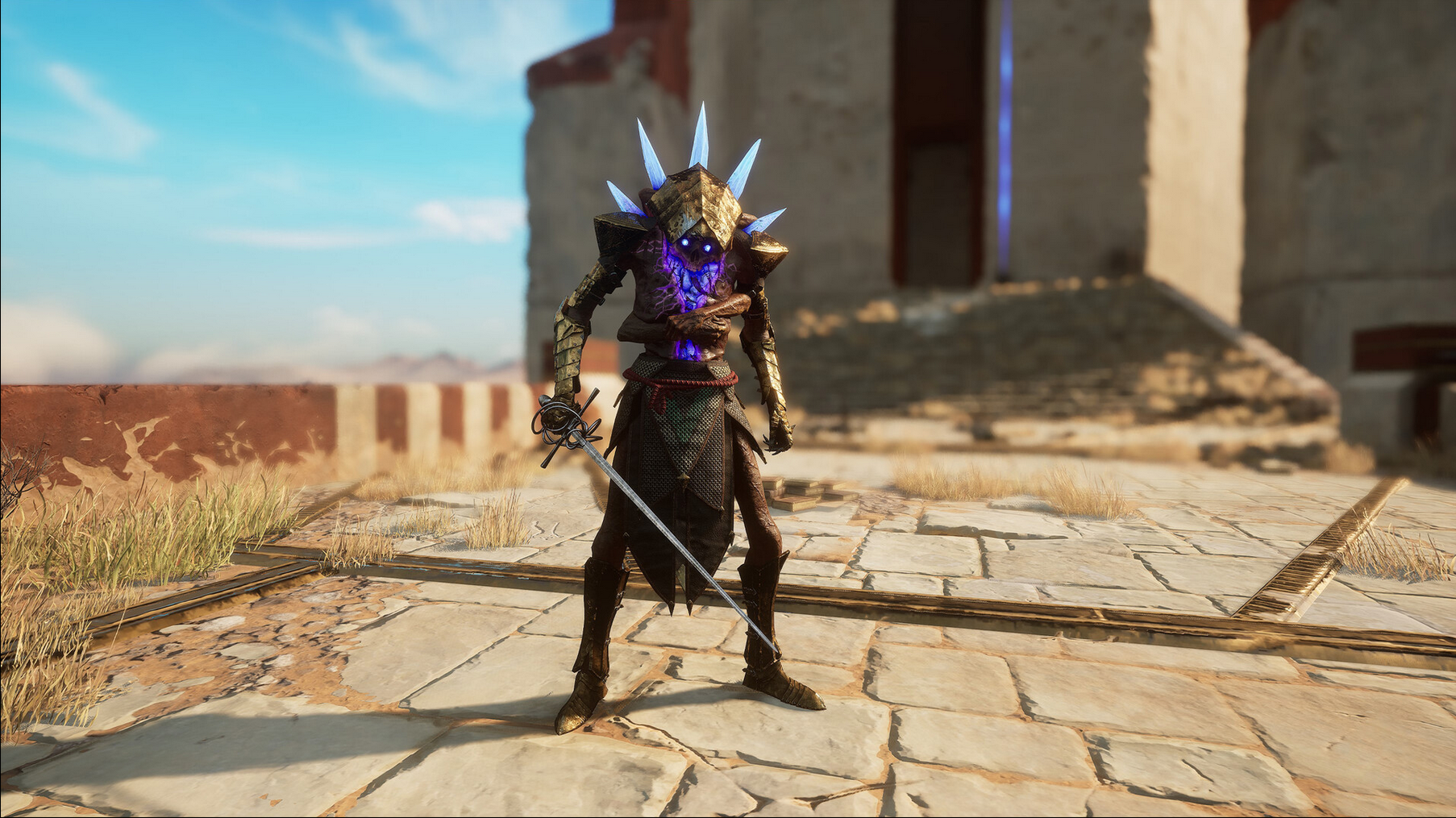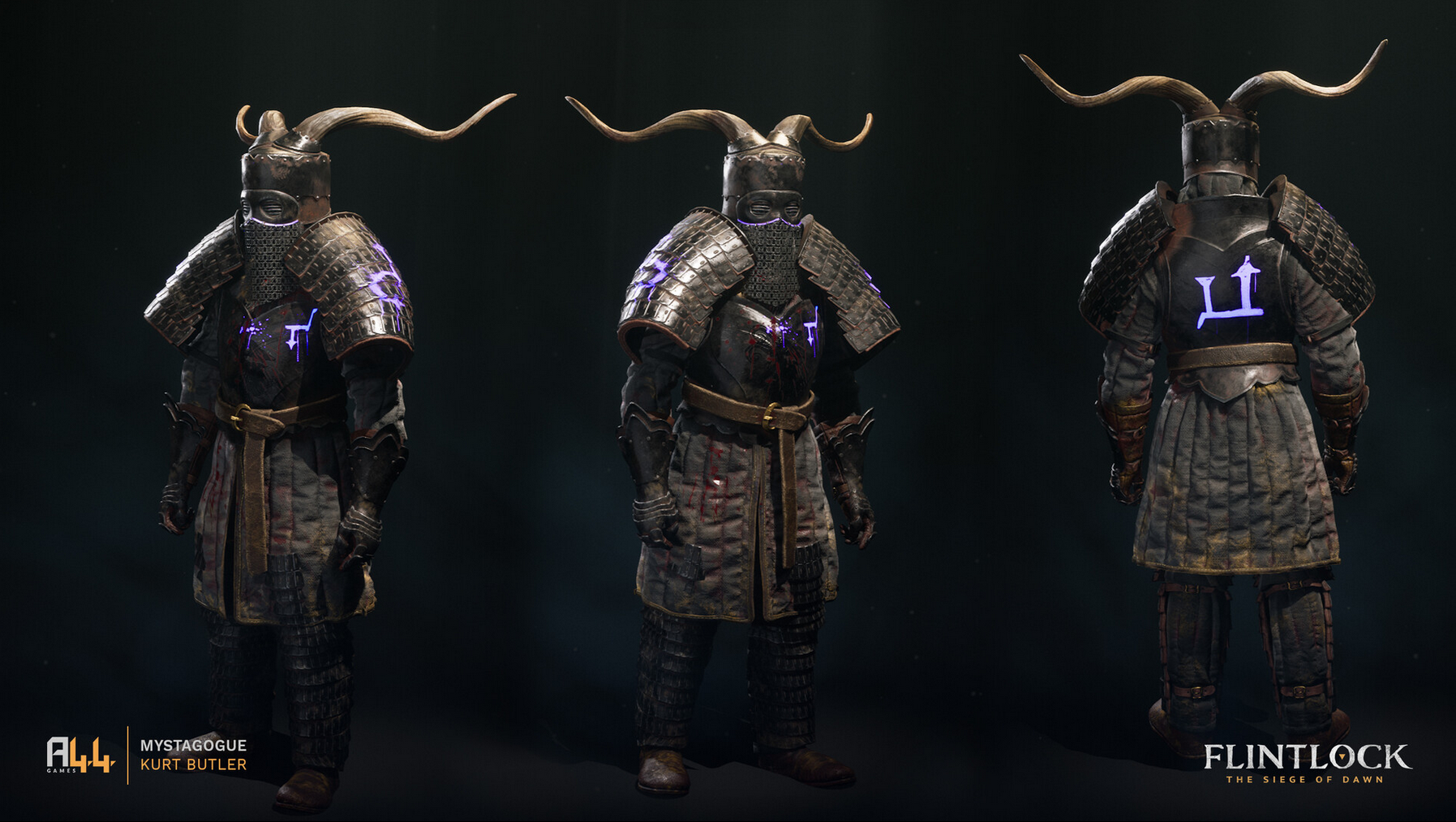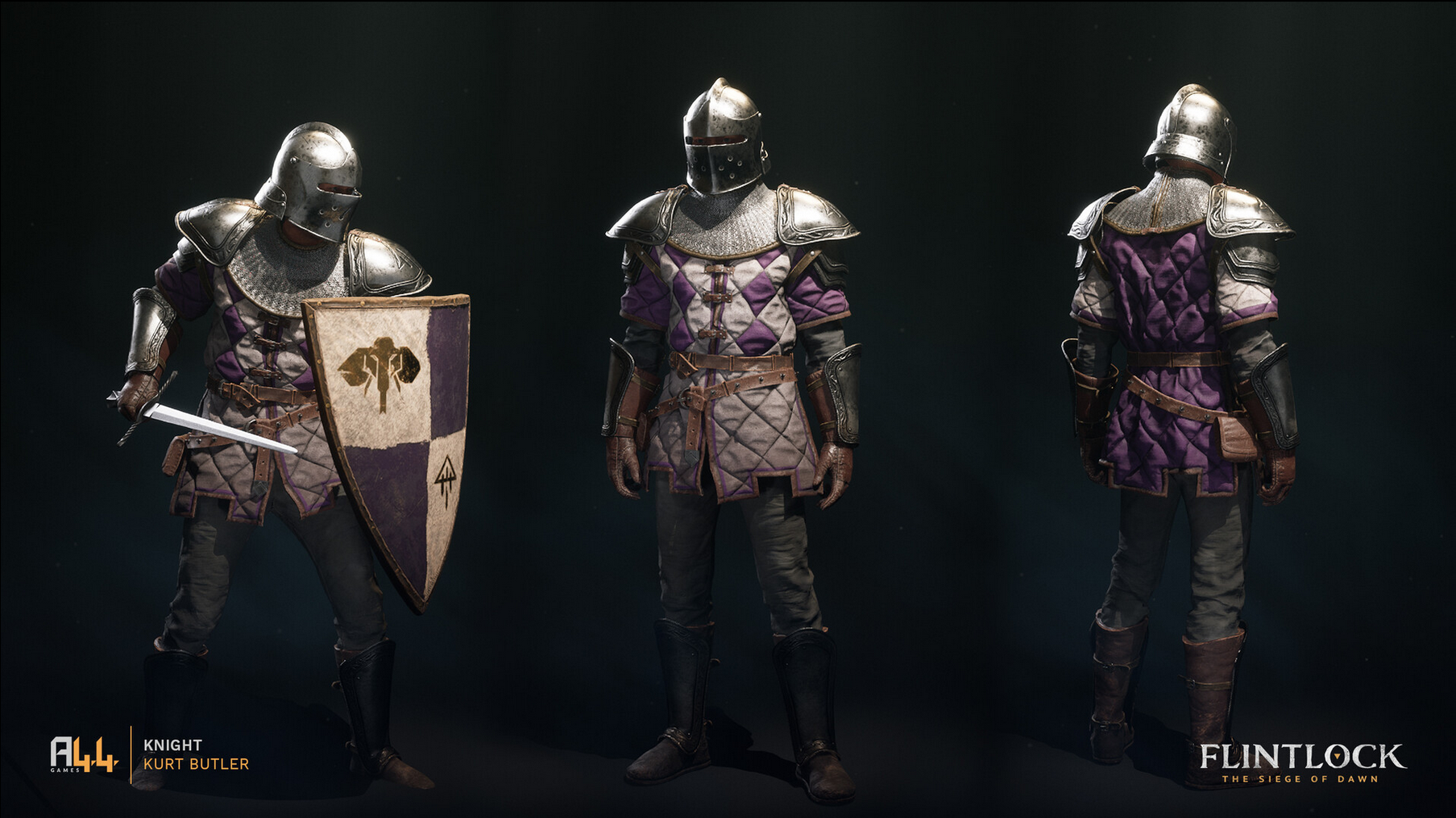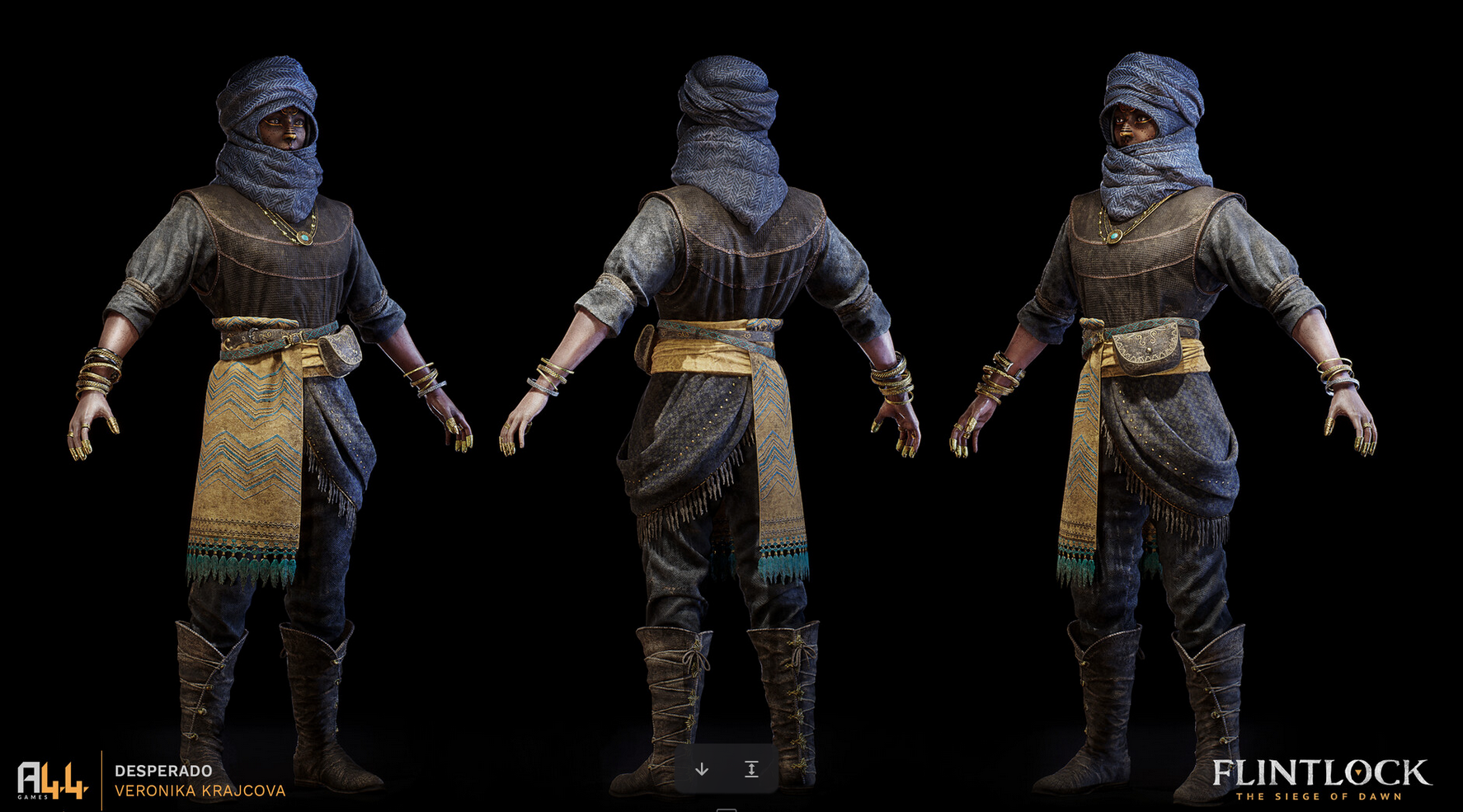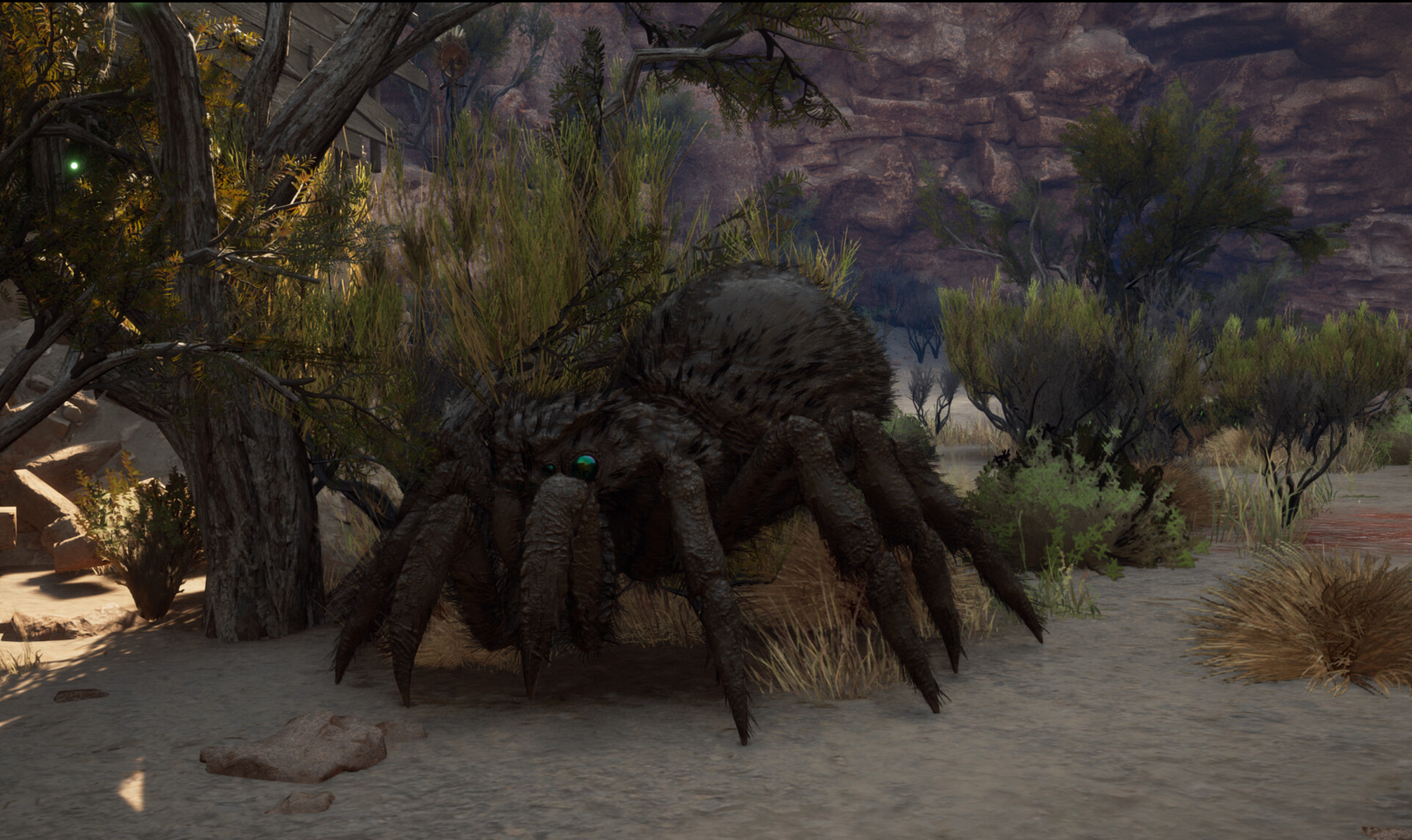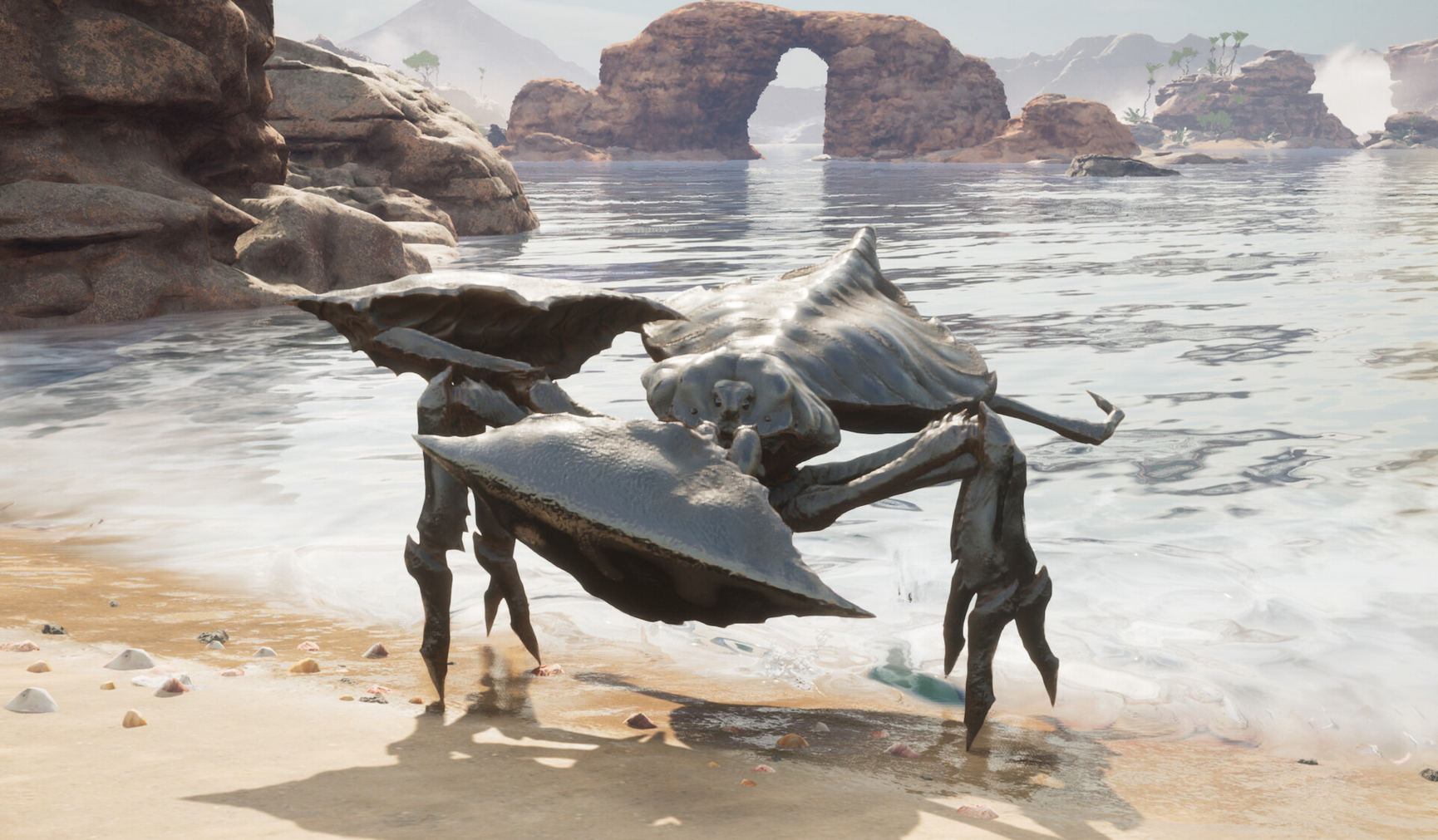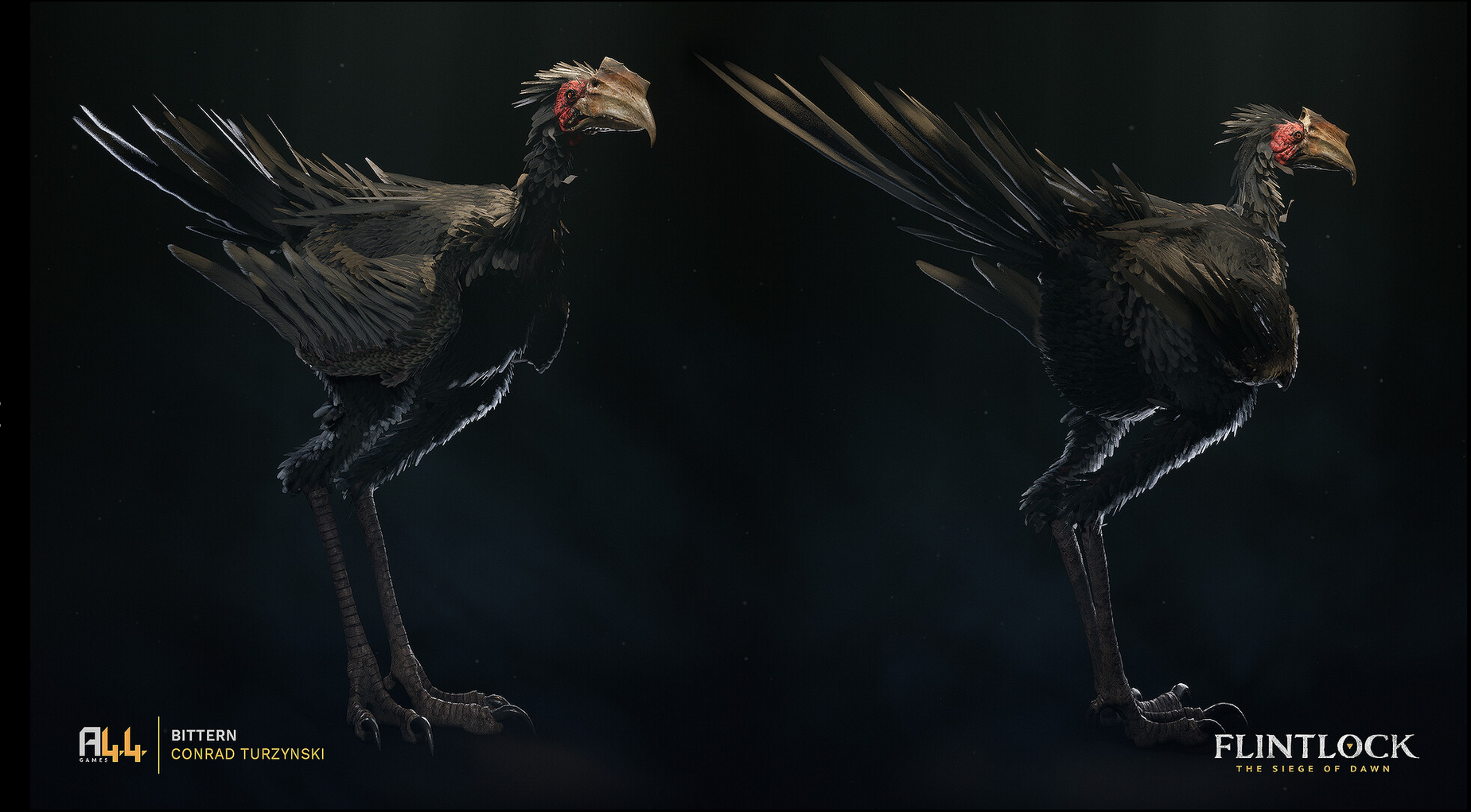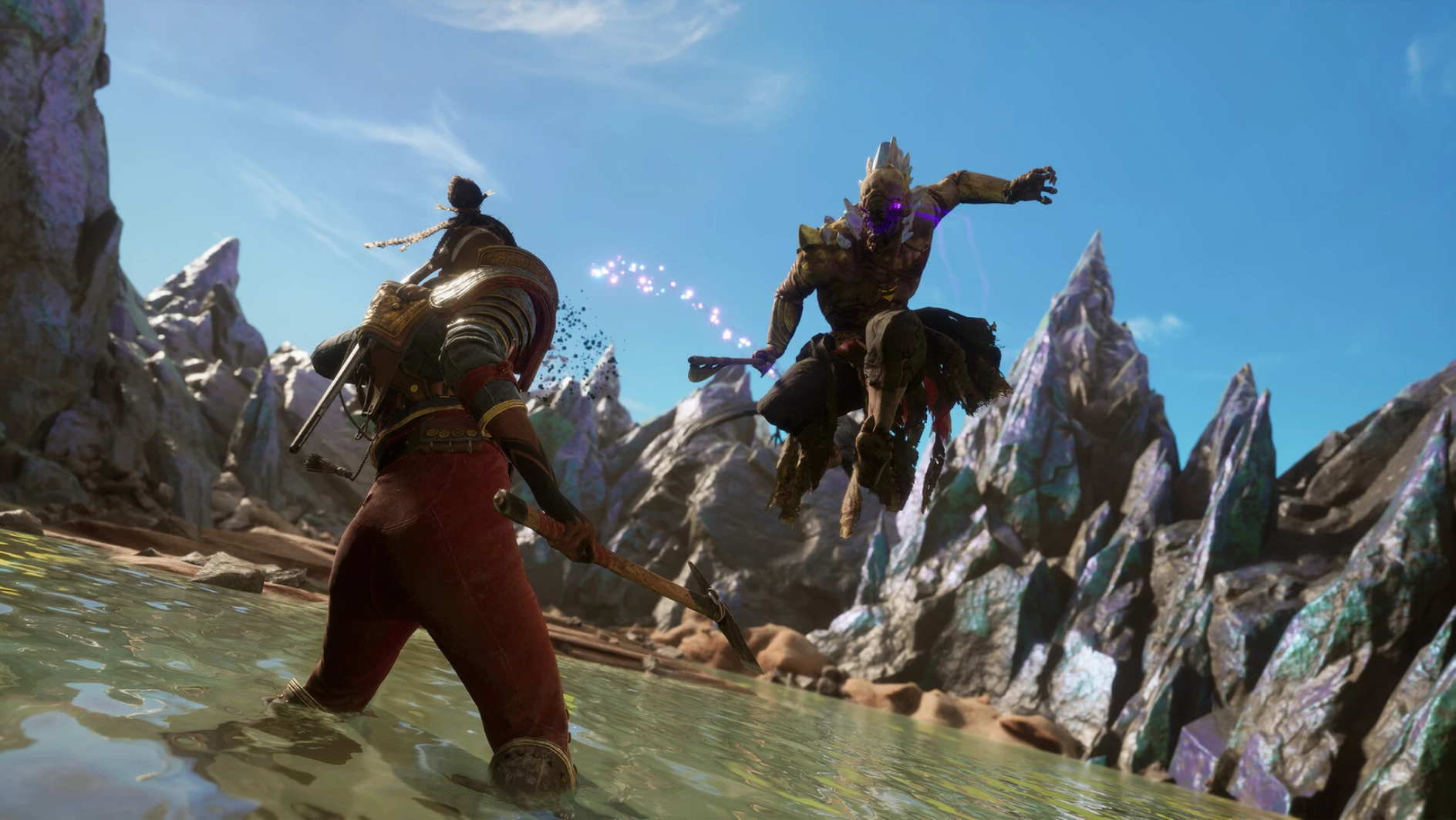Flintlock: The Siege of Dawn
Join humanity’s last stand as Gods and guns collide in an all-new action-RPG open-world adventure.
The Door to the Afterlife has been opened, allowing the old God’s army of the undead to escape from within. The living are on the brink of extinction. It’s time for the coalition army to retake their world. Embrace vengeance, gunpowder and magic and embark on an epic journey to lead mankind’s final siege against the tide of the dead.
Your battle begins now.
Role Overview








I came onto this project at the beginning of 2020 and was hired as its new Combat Designer to help build out a lot of the moment-to-moment combat. I was put in charge of designing mini-bosses first but then moved on to crafting new enemies, expanding the player’s combat toolkit, fleshing out the companion gameplay, creating enemy encounter compositions and much more.
While working there, I was a placed under the System Design team and while we did create many documents for our designs, most of our work was technical and had us working in-engine (UE4), prototyping and implementing our ideas.
Key achievements
Championing the core player combat
Base axe combat (4-hit combo, gapcloser, charged attack etc.)
Gunplay (default shooting, intertwining gun & axe attacks together, counters etc.)
Enki companion gameplay (teleport attacking, world traversal, skill tree abilities etc.)
Pitching, prototyping & implementing new gameplay features
Gun Parry for unblockable enemy attacks
Re-design of the armour removal system
Stagger system & Execution
Enemy ambush system
Enemy attack cancelling/swapping
And much more!
Conceiving new enemies and their mechanics
5 Humanoid factions - 5-6 enemies per faction
3 Creatures - 2 Spiders and 1 Bird
1 Miniboss - Revenant
Collaborated with System Design team members on boss designs
Worked on 3 bespoke boss designs
In-Engine prototypes to prove out the concepts
Iterated and Balanced
Built out enemy encounters & compositions
Created a total of 100+ varied compositions of all the enemy units
Set-up unique enemy patrol routes with placements in each zone
Crafted bespoke level designs to drive player exploration and delight
Encounter spaces, side-quest areas, points of interest
Constant balance adjustments in all areas of combat
Player and enemy stats, leveling experience, talent tree progression
PISTOL PARRY
One of my biggest contributions to the Flintlock combat system was the “Pistol Parry” mechanic that I created. This came about when I was looking at enemy designs early on and noticed that our enemies had unblockable attacks but the Player had no means of tactically countering them. This created a golden opportunity to create a fun little skill check that players could engage with.
Essentially, when the enemy performs an unblockable attack (coined “Break Attacks” in-game), they would shimmer red during the windup of the attack. While shimmering red, if the player shot the enemy with the Pistol, they would get staggered and take a burst of damage. Additionally, this dealt a large amount of damage to their stagger bar, quickening the opportunity for an execution.
I pitched this idea to my lead and as soon as it was green lit, I spent the rest of the day prototyping and implementing it into the player’s toolkit. It was a massive success and became a core part of the combat loop thereafter.
Enemy performs their unblockable Break attack
Player using the Pistol to parry the Break Attack
ENEMY DESIGN
When I first came onto the project, there was only one faction of enemies that the player could fight against and they were known as the “Traveller” enemies. During my time on the project, I helped craft the other 4 humanoid factions while also re-designing the Traveller faction. The goal was to make factions that each felt unique amongst each other and presented a difficult but fun challenge for the Player to overcome.
Each of these factions had a distinct fighting style that helped them stand out:
Justice - Orderly, methodical & disciplined
Traveller - Swift, flowy & dancerlike
Garrison - Heavy, defensive & tanky
Undead - Erratic, beastly & unintelligent
Bandits - Light, acrobatic & unorthodox
Example of a Traveller enemy - 3D model by Logan Currin
Example of a Garrison enemy - 3D model by Kurt Butler
Example of a Justice enemy - 3D model by Kurt Butler
Example of an Undead enemy - 3D model by Conrad Turzynski
Example of a Bandit enemy - 3D model by Veronika Krajcova
I also was responsible for designing out multiple creatures that would be present in all zones. These were the two spiders (Forest and Coastal spiders) and the Bittern birds. Spiders mostly used their fangs to attack while the birds relied on their powerful legs to crush the Player.
Forest spiders were found in lush, forest areas while the coastal spiders were found in the desert and near water banks. I also designed out the method by which these spiders would ambush the Player. Forest spiders would hang from trees and if the player crossed underneath them, they would drop and grapple the Player, dealing devastating damage. The coastal spiders on the other hand, hid underneath the sand and once the player got close enough, they would unburrow to surprise the player.
The Bittern birds mostly roamed grasslands and would only attack the player if they got close enough or were attacked by ranged weaponry.
Example of a forest spider - 3D model by Veronika Krajcova
Example of a coastal spider - 3D model by Veronika Krajcova
Example of a Bittern bird - 3D model by Conrad Turzynski
Finally, I helped re-design the game’s reoccurring miniboss, “The Revenant” from the ground-up. One of my core references for this miniboss came from “Lady Maria of the Astral Clocktower” from Bloodborne. I really liked the way Lady Maria would reposition herself around the player with her phasing ability, so I used that as a cornerstone for the Revenant’s mechanics.
The revenant would be able to teleport to positions around the player before performing its attacks. It would also use this technique as a means to gain distance when it needed to back away. There were also escalating moments in this enemy where as it lost more health, it would unlock more of its moveset and start teleporting a lot more rapidly. This was a really fun enemy to design and work on at the time.
Example of a Revenant - 3D model by Veronika Krajcova

